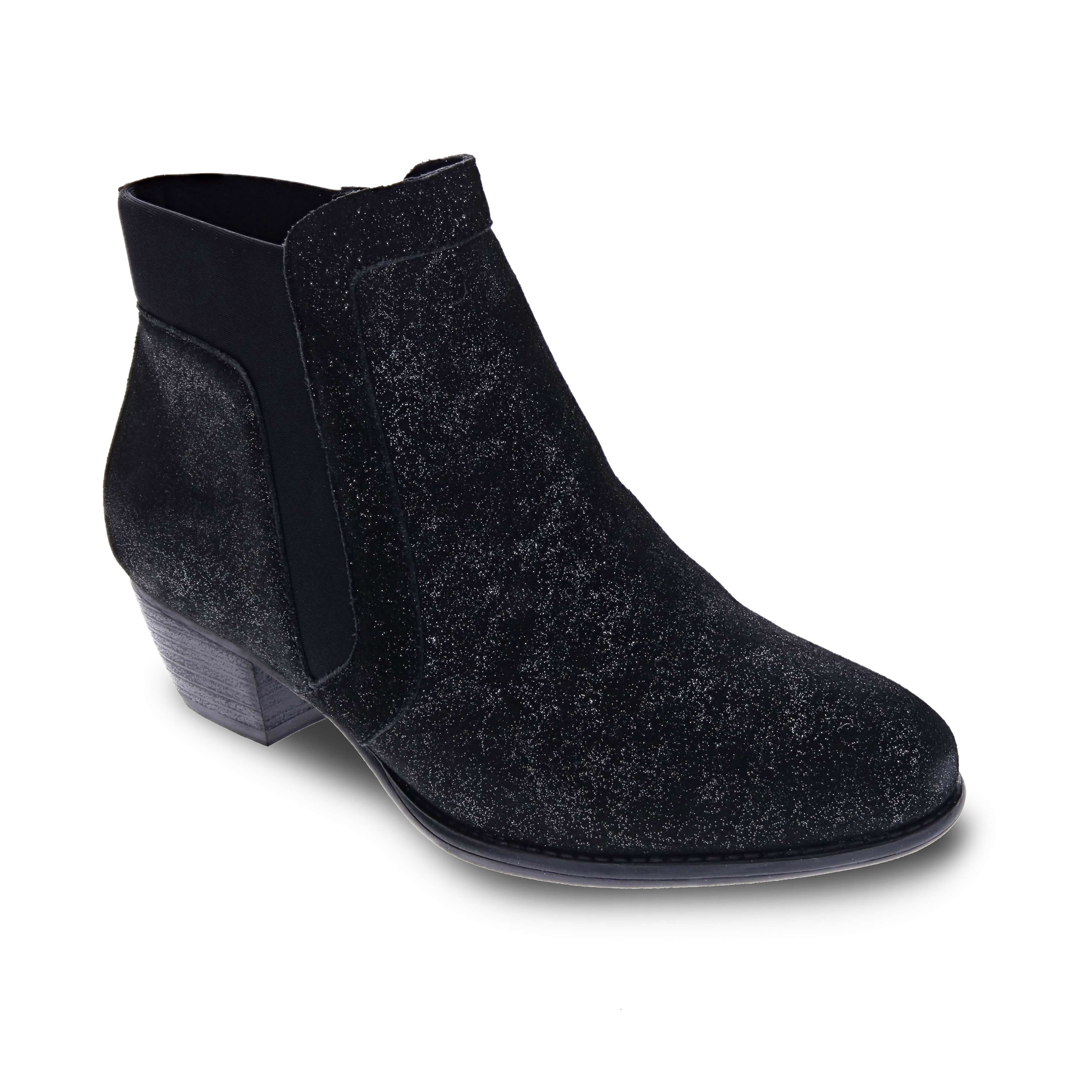Any woman who has ever bought high heels knows that when you get it wrong, you get it really, really wrong. The kind of ‘wrong’ that leaves you with blisters, cramped toes and a world of pain approximately one hour into a night out.

Unfortunately, the health impacts of high heels don’t end when you get home and finally kick off those ill-fitting shoes. Long term, the wrong heels can adversely impact the nerves, muscles, and bones of your feet, knees, hips and back. For example, women are far more prone to suffer from bunions and hammertoes, because of the constrictive shoes many women force their feet into.
You know that already. Most women do. But the allure of a beautiful pair of heels can be intoxicating. So we’re not telling you to stop wearing heels – we’re just saying that aiming for a less destructive pair is something Future You (and Future You’s spine) will be grateful for. That’s where
ICS can help.
Our heels are not only beautiful, but comfortable and designed to support your feet without pain. We’ll help you find the perfect fit, so that you can rock your heels all day and all night. Future You will thank you!
Here are some things to consider when purchasing heels:
1. The size of the base of the heel
This is very important, as the wider your heel's base, the more support your body is given. Stilettos with a very small base are the most dangerous kind of heels - they may look amazing on, but they certainly won't feel so great when you roll your ankle walking down the street. Wedges are often the most comfortable heels because your whole foot is in contact with the ground, enabling you to balance more easily.

Ros Hommerson's Helen
2. The thickness of the sole of the shoe
When you wear high heels your center of gravity is redistributed, causing a lot of weight to rest on the ball of your foot. Our heels offer more cushioning in the ball of the foot and the heel so you are able to wear them longer without any pain.
3. The shape of the front of the shoe
Pointed shoes are the worst for your feet. They naturally increase the pressure throughout your foot, and then you have to squeeze all five of your toes together into that narrow space. Try to find a shoe with a more accommodating shape, like a rounded edge. We offer heels with a far more roomy toe box so that you won’t risk damaging your feet and overall health.

Revere Shanghai
4. The depth of the front of the shoe
Is there enough room for your foot when it starts to swell a little or you are sweating? You want to try and avoid having your circulation cut off after a few hours of dancing or walking around. You don’t want your foot to be slipping out of the shoe but you want your toes to have room to breathe. The volume of your shoe is just as important as the shape and width. Many of our heels feature customizable, removable insoles that help you achieve the right depth for a perfect fit.
5. The material of the shoe
When buying high heels, if you plan on wearing them more than once, or for a few hours it does pay to invest in a quality shoe made of exceptional materials. Plastic shoes increase your likelihood of getting a blister. Meanwhile a style like the classic pump, made out of soft breathable leather will have longevity in your wardrobe. Think of them as investment pieces.
6. Make sure the shoe is the right size for you
This should be obvious, yet so many of us are guilty of it. We can’t say it often enough- the perfect fit is so important for your foot health and overall lifestyle. Don’t squeeze into a pair that’s too small, or subject your feet and lower legs to the effort of trying to hold on to a pair that are too big. The consequences just aren’t worth it.
Let us help you find the right shoes for your lifestyle and foot conditions. Whether you suffer from diabetes, edema, bunions, or hammertoes- we can help you find the right shoe. Even if you need a classic heel.
Give us a call!